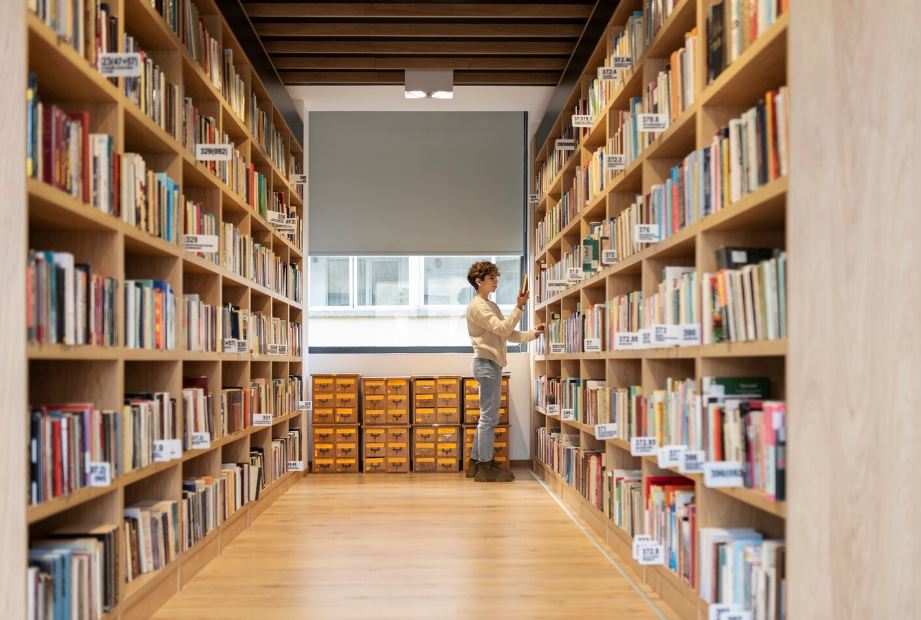
Happy National Library Week serves as a collective reminder that books, ideas, and stories continue to have an unparalleled influence on our identity, rather than a formal event. The subject for this year, “Drawn to the Library,” remarkably captures the spirit of creativity: people are drawn to places where knowledge is unrestricted and creativity flourishes. The event gains voices that have inspired numerous readers, especially younger generations, thanks to honorary chairs Raina Telgemeier and Scott McCloud, demonstrating once again how libraries foster artistic as well as academic beginnings.
National Library Week began in 1958, when Americans were spending a lot more money on radios and televisions than on books. With its audacious title, “Wake Up and Read!,” the initial campaign was incredibly successful in reminding families that reading was still a doorway to opportunity. Distractions have changed over the years, from radio static to digital screens, but the basic problem is still very much the same: getting people to slow down, pick up a book, and enjoy the calming silence of reading.
National Library Week 2025 Essentials
| Category | Details |
|---|---|
| Event | National Library Week 2025 |
| Dates | April 6 – April 12, 2025 |
| Theme | “Drawn to the Library” |
| Honorary Chairs | Raina Telgemeier (Author) & Scott McCloud (Cartoonist) |
| Established | 1958 by the American Library Association |
| Purpose | Celebrate libraries, promote literacy, support free access to knowledge |
| Key Days | Right to Read Day, Library Workers Day, Outreach Day, Take Action for Libraries Day |
| Challenges | Book bans, censorship, funding threats |
| Community Impact | Millions of visitors every week; programs for education, culture, and technology |
| Reference | American Library Association – https://www.ala.org |
Libraries become lively venues for community participation every April. Their remarkably adaptable nature is demonstrated by their job-hunting workshops, kid-friendly storytimes, 3D printer makerspaces, and engaging author discussions. These pursuits are lifelines that broaden perspectives and foster relationships; they are more than just amusement. Many libraries quickly adjusted throughout the epidemic, simplifying curbside pickups, online borrowing, and virtual programs. The learning thread was never entirely cut thanks to these incredibly effective remedies.
Celebrities frequently discuss their relationships with libraries in a positive light. The charity that libraries encourage is personified by Dolly Parton, whose Imagination Library has given books to millions of youngsters. Oprah Winfrey frequently mentions the library as her haven of self-discovery, while Barack Obama remembers spending afternoons lost in literature that influenced his perspective. Their experiences are remarkably comparable to those of innumerable regular readers, supporting the notion that libraries democratize possibilities by overcoming disparities in background or fortune.
The week is organized around days with a theme that highlight important topics. Right to Read Day draws attention to growing book bans and censorship, issues that endanger not just writers but also communities that depend on a range of viewpoints. Access to literature is still a contentious issue, as demonstrated by the publication of the State of America’s Libraries Report, which lists the books that are most commonly challenged. By defending this access, libraries preserve civil liberty and free thought—roles that are especially creative in the cultural context of today.
On National Library Workers Day, we are reminded of the professionals who work behind the books, dedicating their lives to educating, advising, and guiding. Whether they are teaching a senior how to use digital banking or assisting a student in locating reliable sources, their services are greatly undervalued despite the fact that they impact lives on a regular basis. Outreach Day honors those who provide these services outside of buildings, such as providing resources to hospitals and prisons or operating bookmobiles in small towns. These initiatives are incredibly successful in guaranteeing that no community is left out.
On Take Action for Libraries Day, people are urged to publicly support their libraries by calling legislators and advocating for budgets. Federal financing for libraries has been threatened in recent years, yet every cut has repercussions that affect society as a whole. Those who are already underprivileged are disproportionately affected when libraries close because they lose access to free internet, study areas, and other resources. This day’s activism is incredibly resilient, demonstrating that common institutions can be safeguarded by a united front.
Libraries have a significant influence in areas other than programming. During emergencies, they serve as safety nets, providing not only Wi-Fi and warmth but also the knowledge that there is a location where people may come together to express their trust. They serve as cultural archives, conserving oral histories, newspapers, and photos that help communities connect to their history. They also exhibit remarkable adaptability by implementing art exhibits, digital literacy training, and coding programs. Because of their versatility, they are both ancient and futuristic, conserving tradition while pointing the way toward innovation.
Libraries are unexpectedly inexpensive growth generators in terms of the economy. Through community activities, free educational resources, and job-seeker programs, a dollar invested frequently yields a return that is several times its initial investment. The library serves as a very effective bridge over the digital divide for many people, serving as their sole dependable source of internet access. Others see it as the unique, unbiased setting where discussions can take place without being constrained by business interests. Libraries demonstrate their unique durability as cornerstones of democracy in many ways.
We are reminded during National Library Week that honoring libraries is also an opportunity to honor equity. They are one of the few establishments that offer free admission, inclusive services, and a judgment-free environment for curiosity. “Art and stories bring us together, encouraging us to find our own talents,” as Scott McCloud noted. At a time when division and isolation seem to be more pronounced, his observation is especially helpful. Surprisingly, libraries continue to captivate us with their shared spaces of wonder.
Thus, Happy National Library Week is a call to defend an idea—that knowledge access should never be a privilege but rather a right—rather than merely to visit a place. The week challenges us to reflect about the libraries where we were raised, the books we checked out, the projects we finished, and the aspirations we secretly cultivated among the bookshelves. It is remarkably comparable to commemorating family customs; every visit has social meaning in addition to personal nostalgia.
